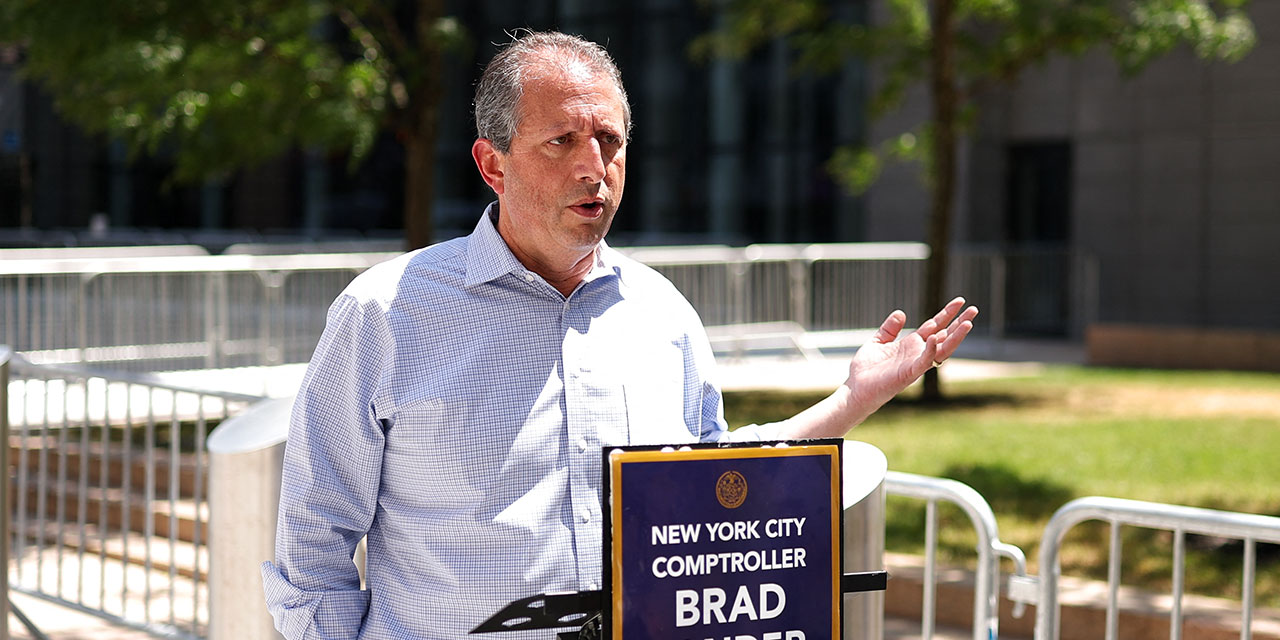California’s Democratic political leaders normally show little empathy when businesses howl about a punishing regulatory climate. The Democrats either deny that businesses are fleeing the state, point to the continued growth of the high-tech industry in Silicon Valley, or mock Texas. The Texas-mocking has been especially pronounced recently, following Texas governor Rick Perry’s visit last month to lure California-based businesses. In a radio ad that aired briefly, the Republican encouraged California business owners to head to the Lone Star State, where they can enjoy lower taxes and “sensible regulations.” Despite their haughty dismissals, including governor Jerry Brown’s crude retort describing Perry’s efforts as “barely a fart,” many Democrats—Brown included—recognize that the state’s regulatory climate is hindering job creation, at least where it concerns their favored projects.
California Democrats now have enhanced majorities in both the state assembly and the senate. In a new legislative session filled with the customary proposals to increase taxes and add new programs, one of the leadership’s top priorities is to overhaul a 42-year-old environmental law known as the California Environmental Quality Act (CEQA, pronounced see-kwa). As California’s Air Quality Management District explains, CEQA’s “basic purposes are to: inform governmental decision makers and the public about the potential significant environmental effects of proposed activities; identify ways that environmental damage can be avoided or significantly reduced; require changes in projects through the use of alternatives or mitigation measures when feasible; and disclose to the public the reasons why a project was approved if significant environmental effects are involved.”
Finally, a reason to check your email.
Sign up for our free newsletter today.
While that civics-textbook explanation sounds benign, CEQA in practice makes it too easy to challenge new projects—even those that already have passed extensive local, state, and federal environmental review. The law has been a boon to NIMBY and anti-growth environmental groups, which can easily file lawsuits to delay or even stop projects in their neighborhoods. Unions have often used the threat of CEQA suits to extract labor concessions from contractors. Even businesses sometimes use the law to block or impose extra costs on competitors. CEQA is a regulatory nightmare, in other words. Yet, because it applies both to public agencies and private companies, the law has forced even left-leaning legislators and a regulation-happy governor to rethink its most troublesome provisions.
The reform-oriented CEQA Working Group highlights some of the frustrations that the law causes businesses. In one case, a nonprofit affordable-housing developer in Berkeley received the city’s approval for a project after eight public meetings and six design overhauls, only to be stymied by a local group that filed a CEQA suit alleging that “a more extensive environmental review must be conducted to address the fact that the project was not ‘visually compatible with its surroundings.’” Ironically, the project was located on the site of an abandoned storefront, so just about anything would have been “visually compatible.”
The Working Group pointed out that the lawsuit delayed labor for two years, saddling the city with $2 million in legal bills and adding $3 million to the final cost. Discussing the suit in 2004, councilmember Linda Maio said, “Do you know what we could do with that money? We could build another building. This is precious money that should be spent where it is critically needed.”
In his January state of the state address, Brown—who throughout his career has advocated extensive environmental regulations—explicitly called for CEQA reform. Said Brown: “We . . . need to rethink and streamline our regulatory procedures, particularly the California Environmental Quality Act. Our approach needs to be based more on consistent standards that provide greater certainty and cut needless delays.” It’s odd to hear Jerry Brown channeling Rick Perry, but the explanation is strictly political. As the Bakersfield Californian explained in an editorial in late January, “Brown is no doubt thinking about his legacy project, California High Speed Rail, for which CEQA, applied in all its full-force glory, would wreak havoc.”
Though California’s legislature has shifted to the left, the new powerbrokers are those self-described moderate Democrats who mostly represent working-class communities and swing districts. Their mantra, at least so far, is to promote job creation. They ensure that Brown’s reform proposal will get a hearing. CEQA has been changed and “reformed” many times over the years and remains a problem. So California firms should hope that Brown’s CEQA revamp is more serious than, say, the pension-reform half measures he signed into law last year.
As with public pensions, CEQA reform won’t come without resistance. Not long ago, I received a note from an engineering consultant who took issue with a column I wrote about updating the law. “While I agree that CEQA can be used as a tool to halt project approvals,” he wrote, “I couldn’t help but think of the many long-term/permanent jobs that implementing CEQA itself generates (particularly at the levels of municipal and state government).” My correspondent contrasted these jobs with the “temporary” employment that results from construction.
Note the dismissive attitude toward temporary construction jobs, without even a mention that CEQA stops not just construction, but the projects themselves—to say nothing of the preference for government jobs over private-sector ones. It’s a sadly typical point of view among some Californians. If my correspondent were correct, California could regulate its way to prosperity. Maybe, just maybe, CEQA’s defenders will learn that the same kind of regulatory overreach halting their favored public-works projects is also impeding the state’s economic growth.



